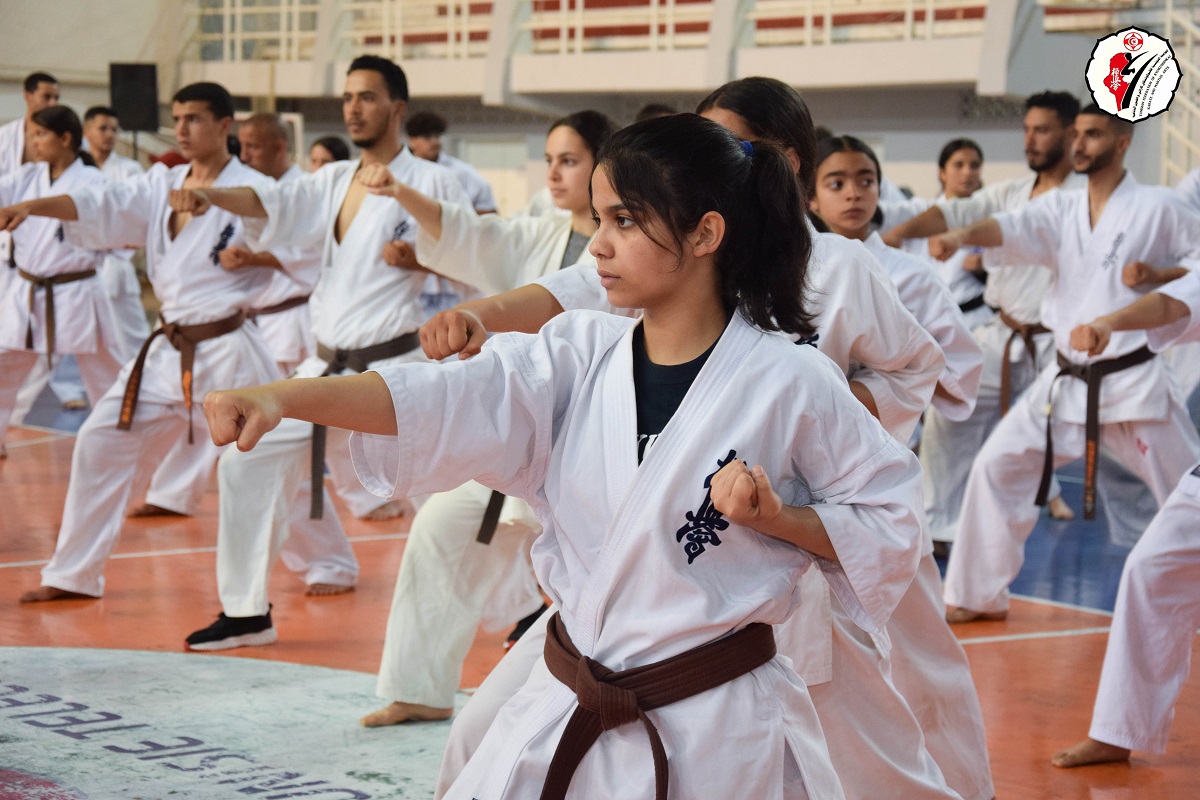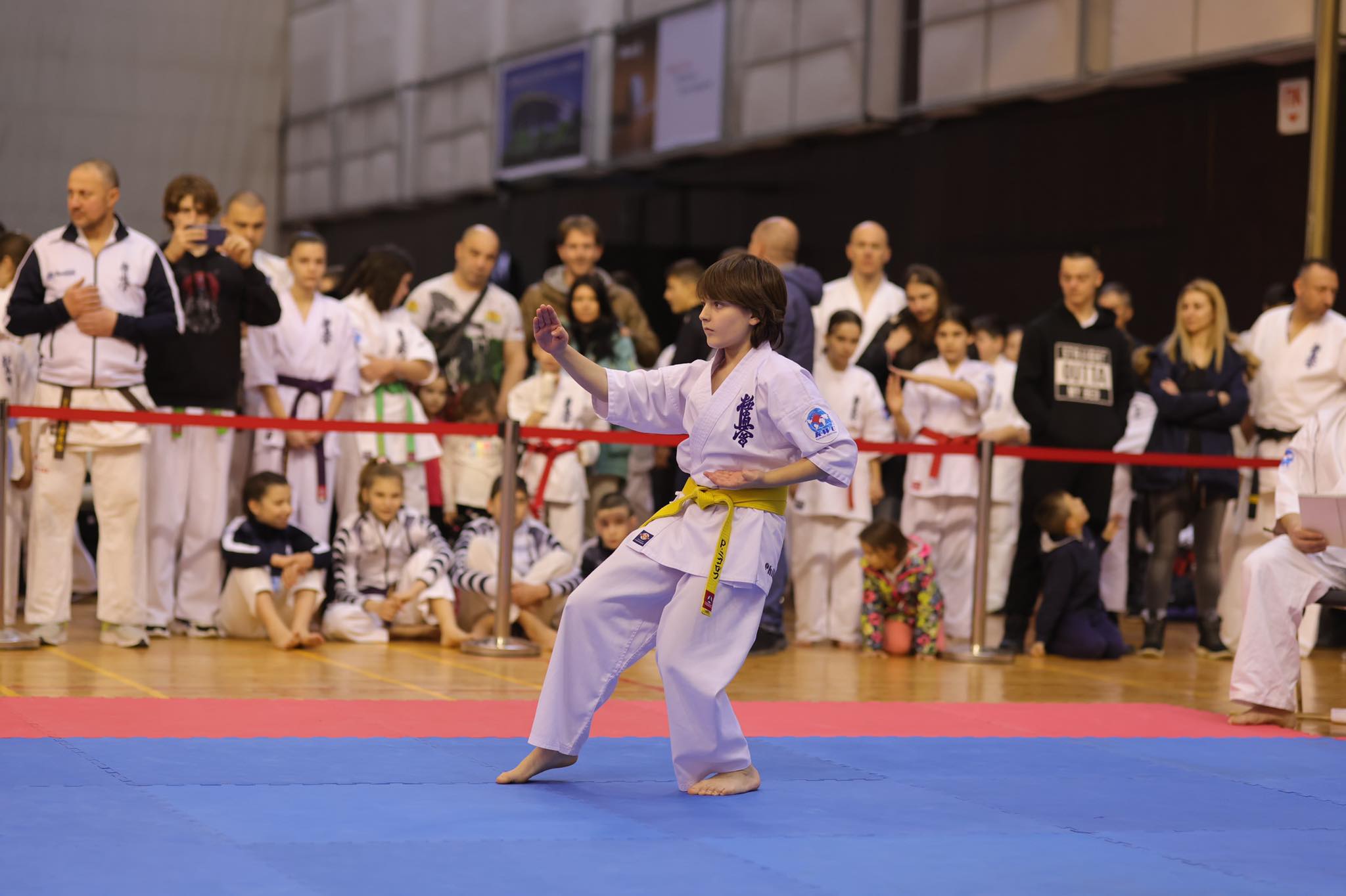Martial arts have long been touted as a way to gain confidence, discipline, self-awareness, and mastery of body/mind stability. As a mental health counselor, coach, and recreational martial artist myself, I often will recommend martial arts to clients as part of their treatment plan as it promotes mindfulness, confidence, healthy coping behaviors, and solid social connections. Martial artists often consider themselves practitioners for life and being a martial artist becomes a strong part of their identity.
But what happens when young student starts to associate the majority of their identity with being a martial artist and making the unconscious connection that it is because of their excellence as a martial artist that they are getting their basic needs met (according to Maslow’s hierarchy of needs) such as love/belonging, esteem, safety/security, meaning/purpose. This can result in the student taking on unnecessary pressure at a young age to perform at a high level and failure to do so might have them believing they are putting one or more of their basic needs in jeopardy. For example, we want to avoid young martial artists thinking “my family/friends love me because I’m a martial artist”.

Sports karate athletes in particular train vigorously for up to 3-4 hours daily in order to have a chance to compete and obtain that championship trophy at various competitions throughout the year around the globe. They aspire to join an elite sponsored team and constantly subject themselves to judging from beginning to end of their tournament career as well as constant comparisons to their competitors both within their team and with outside competition.
Thus, without a strong mental training program, what once started out as a lighthearted, recreational activity as fun now has the potential to be the cause of immense stress. Endorsements, television/film/social media opportunities, and scholarships are on the line. The person is more than a martial artist at this point, now they become a performance athlete with all the pressures both internally/externally that go along with it.
So, how can we prevent burnout and keep young sports karate athletes safe?
Coaches – Make the environment a supportive one. Think Miyagi-Do as opposed to Cobra Kai. Praise the individual for accomplishments outside of martial arts so they start to associate themselves with getting their basic needs met, not solely from their training, also for their community participation, role in the family dynamic, academic achievements, and positive traits as a person.
Read the full article HERE.



